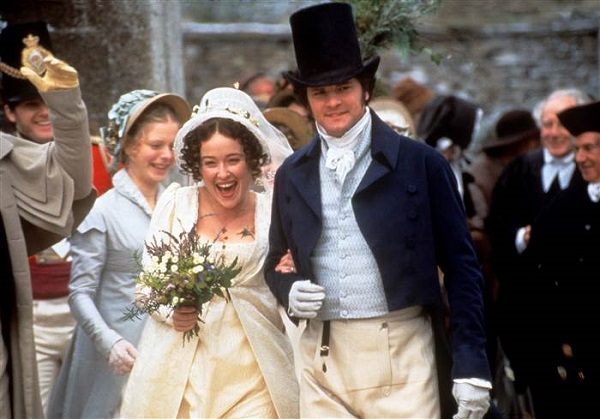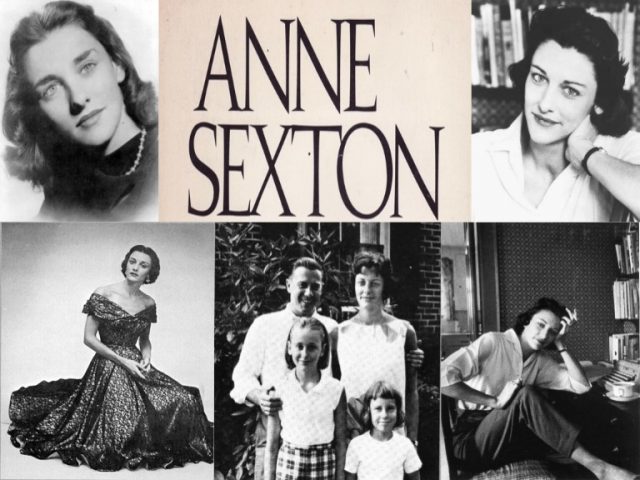When a book is considered for film adaptation, how much say should an author have in the script? After all, the story wouldn’t exist without the author. But a screenwriter obviously has an obligation to the movie. The screenwriter doesn’t have to follow the book exactly. Can the two coexist peacefully?
For The Author
As book lovers, we tend to side with the book, ergo the author. It’s their baby. It’s the original, pure form of the story. We also tend to think that the movie should directly reflect the book, and granted, most of the time, I agree with that sentiment. However, there are many loose adaptations, which obviously make changes at will, that are entertaining and funny films regardless. Take, for example, 10 Things I Hate About You. Even BBC’s Sherlock during the “Hounds of the Baskerville” echo the original while standing completely independent of it.
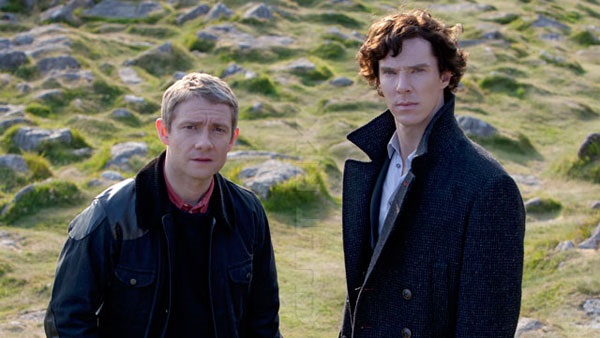
Source: Bakerstreet
If a screenwriter and director wish to stick close to the book, I don’t see why they wouldn’t want to consult with the author. Authors can provide a unique perspective as the creator and definitely shouldn’t be ignored altogether, unless they want to be. Not all authors want to interfere. Some authors take a hands-off approach but offer their insight or suggestions. Some authors prefer not to be involved at all. Others are dead and “silent as the grave,” allowing screenwriters to do whatever they want. For the film Love and Friendship, Jane Austen’s Lady Susan, out of necessity, had to be changed.
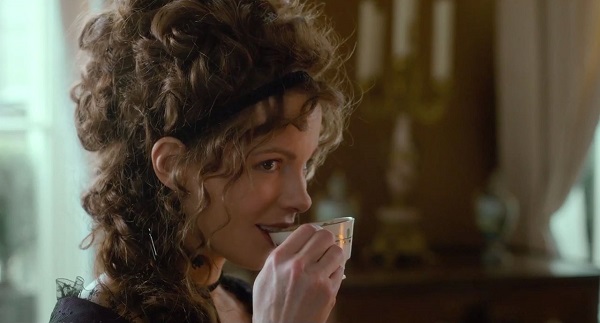
Source: Tribute
Even when the movie version fails to entertain or provide a new, fresh perspective on the story, it’s disappointing to put it lightly. But does that mean we love the book any less? No. At least, I hope not.
For The Screenwriter
Regardless of whether the screenwriter has the author’s support or not, the screenwriter has to work in an entirely different writing style and fill different needs. Film is a separate communication, entertainment, and art medium.
Let’s assume that a screenwriter is going to stay as faithful to the book as possible. For time’s sake alone, some parts of the book simply cannot be included in the film. Some scenes, lines, or extremely minor characters need to be omitted completely, and some lines are reassigned to other characters. Unless you’re watching BBC films; then you can watch great classic books for six hours a pop, but even then, the film may still take liberties.
Film is an art form in and of itself, so when a book is adapted for film, the screenwriter and director may add artistic choices of shots, scenes, or lines that may not be included in the book but illustrate themes from the book or just powerful artistry for the film. I took a Shakespeare and film class in college, which I loved and where I learned that certain choices for film adaptations can influence our reading of the original text. Kenneth Branagh’s Hamlet adds love scenes between Hamlet and Ophelia, which only make Hamlet‘s condemning her even more painful and maddening for her. Also, Hamlet says his “to be or not to be” speech in front of a mirror, taking one of most introspective monologues in literature and raising it to an entirely new level of internal evaluation.

Source: YouTube
Although authors have editors and publishers to sign off on their work, screenwriters have producers, executive producers, and then the directors and actors themselves. They don’t need another set of hands in the cookie jar.
Both
Sometimes the author can act as screenwriter as well. Writing the screenplay for Fantastic Beasts and Where to Find Them turned out to be a bigger beast for JK Rowling than expected. In an USA Today article, it says, “Countless novelists have struggled to write for films, calling the two art forms almost entirely different. Rowling managed in part by treating the script like a book, including not just dialogue but long descriptive passages about the setting and characters.”
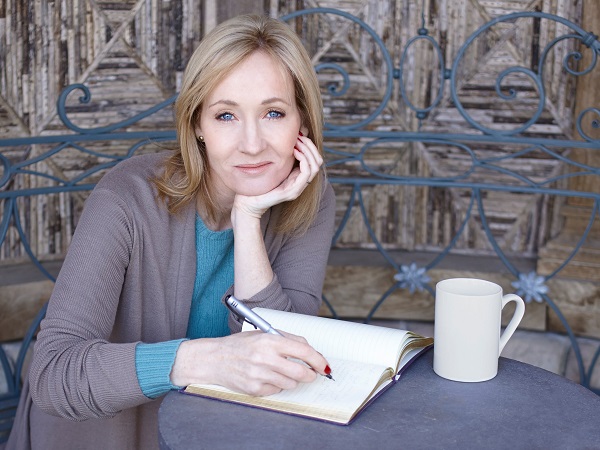
Source: Den of Geek
Talking about JK Rowling’s writing process for writing the screenplay for Fantastic Beasts and Where to Find Them, director David Yates says, “she’ll do is she’ll kind of riff off notes and she’ll create a whole new series of things within that screenplay, which take us off in all sorts of different tangents. . . . [She] realized that it was about paring down and simplifying, rather than adding absolute new sequences and new ideas all the time.”
Even one of the greatest writers in history had to learn to adapt to film constraints. It’s a hard adjustment, but it can be done.
What do you think? How involved should an author be when writing the screenplay?
YouTube Channel: WatchMojo.com
Featured image via Where’s The Drama?
h/t LA Times
